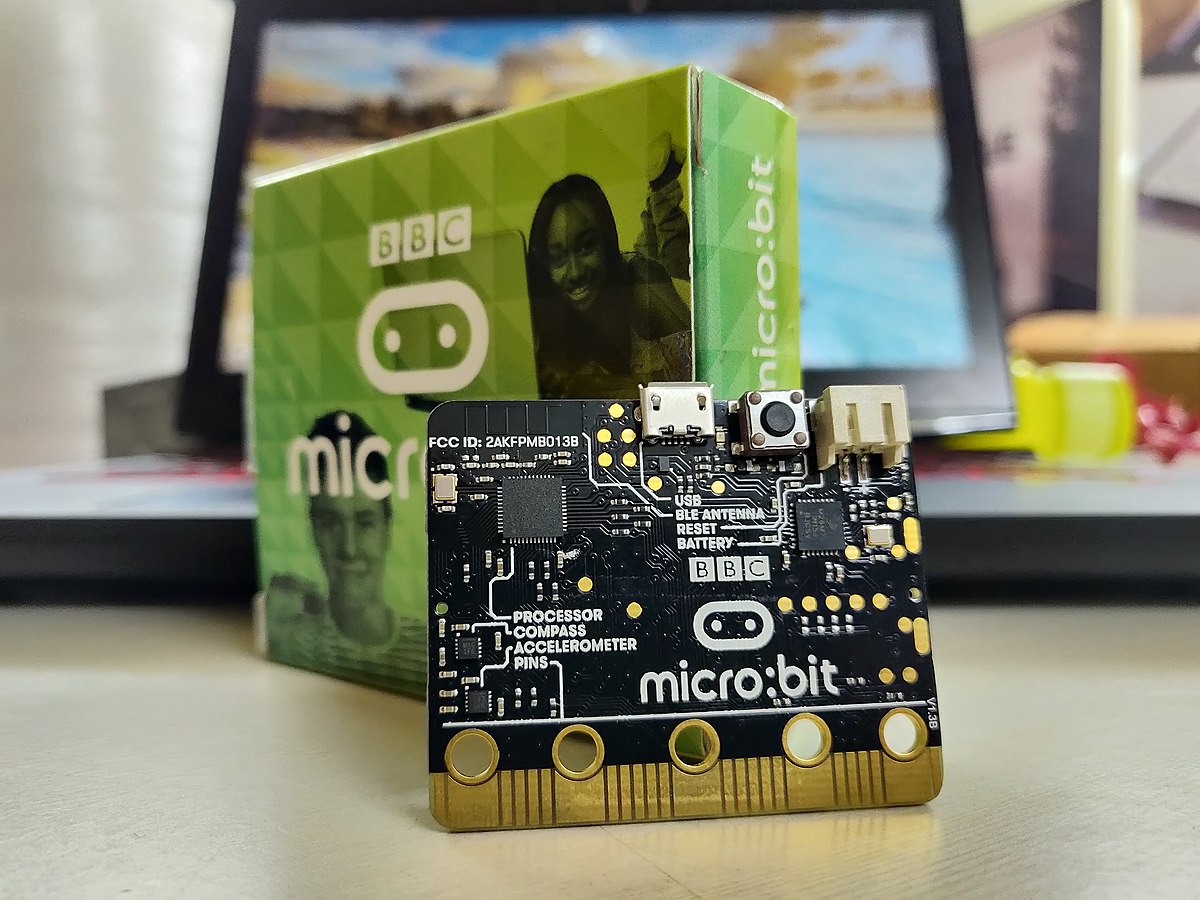
Experiences of an educator being a supported learner
So like many, I have bought technology and used it once, then moved on to the next thing. The Micro:Bit was a prime example of this, when back in 2016 I was introduced to this new technology in a classroom setting with a very prescribed “now do this” session. It was hard to follow and no one seemed to quite know what they were doing. However, I bought one, tried it out and promptly put it back in the box where it has since remained.
Now it’s not that I can’t code and it’s not that I don’t do technology. I regularly lead staff training and introduce ideas to students and teachers.
So what went wrong?
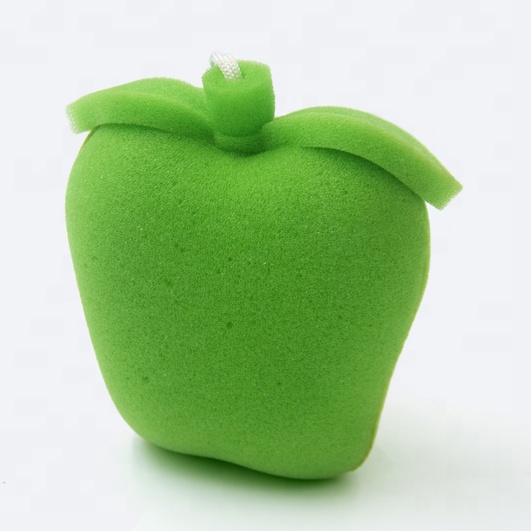
Skip forward to 2019 and I have just returned from the #ScratchEurope conference in Cambridge UK. With incredible patience, energy and minimal instruction, Kreg (@khanning88) was able to unlock my understanding of the device and I was away developing a throwable interactive toy with the help of an apple sponge from Poundland. Interestingly we were using the @MicroBit_Edu extension in @Scratch 3 software that I was so familiar with and this clearly helped.
This time it was Neil (@computingchamps) leading a mixed bag of educators, experienced and newbies. Perhaps a little over-confidently, I joined the experienced group and discovered quickly that Radio meant that the Micro:Bits could talk to each other (somewhat like Sprites broadcasting in @Scratch). But now we were in the https://makecode.microbit.org/# editor and I could see so much more potential.
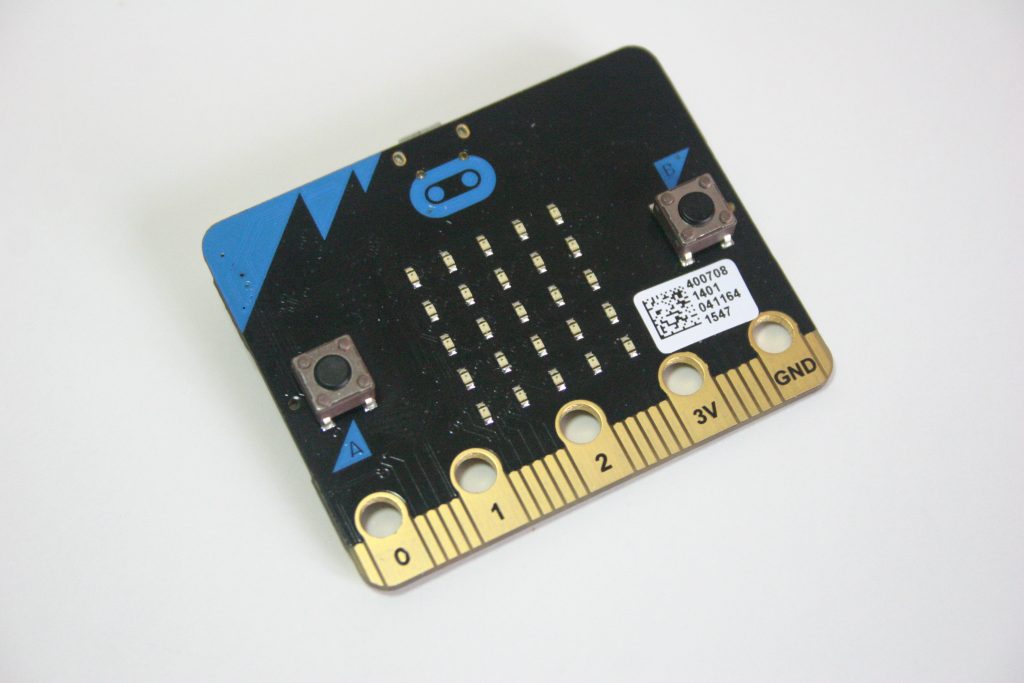
So now I was in. I could get it to do something. What next? A session on using Radio with Micro:Bit. I must admit I had no idea what that meant and I have never considered myself a DJ before, so I went along a little skeptical about what was to be achieved.
Well there were some suggestions to use temperature or movement, but I wanted to solve my own puzzle, which was to create a quick fire quiz system. It turned out that 30 minutes was not enough time to complete the project, but fired up, I sat in my room before breakfast the next morning and had a working version completed before 8 o’clock.

Two or more Micro:Bits could now work out which had pressed the button first and communicate it to all players. The code is here… https://makecode.microbit.org/_drR8zuUp79F0
So I’m now thinking of getting buttons and using the input and output pins… And I’ve developed the game further to record no just the first, but the second presser as well. Perhaps next I’ll use an array to store the order of all who press within 2 seconds of the first presser. Who knows?
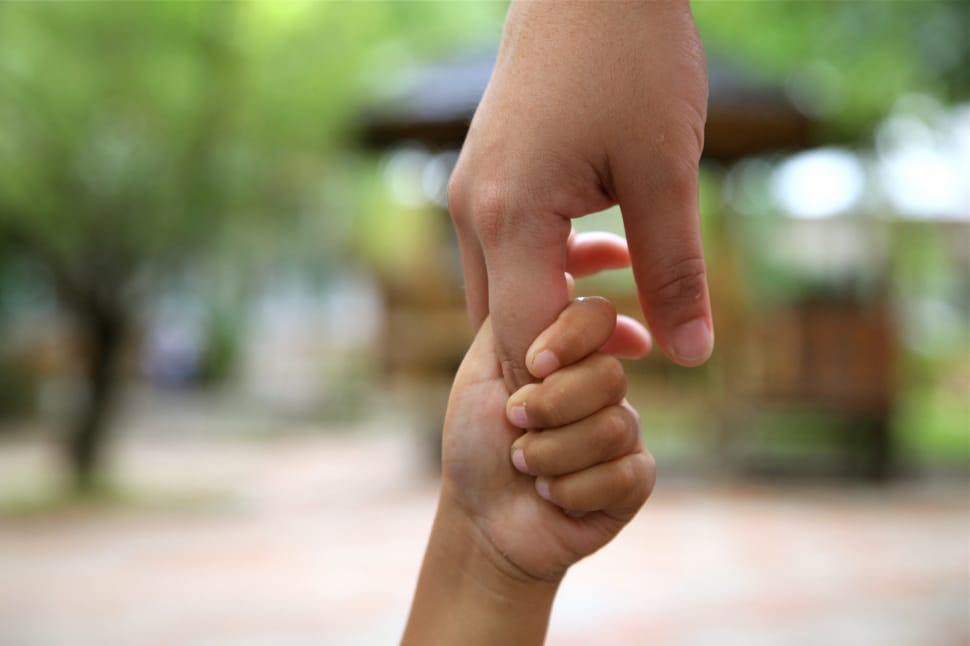
So what did I learn…
I needed someone to hold my hand. Taking my first tentative steps took someone with patience and clarity to help me through the door. Whatever level you may be at, new technology does have a learning curve, and when steep a certain amount of hand holding is necessary. Don’t be afraid of this.
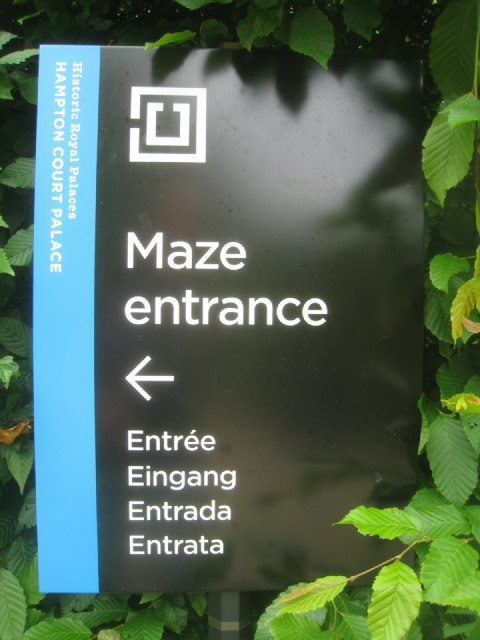
The “way in” had to be made obvious and easy to follow. Scratch was a known language and I new about extensions. The only thing I needed to understand was how to connect my device and transfer programs, then I was away.
It’s easy to overload. The first project I was given was very simple, but that was fine because I could make then it as complicated as I liked. If I had been given more that “When jumped…” I might have been confused and given up. I was quite capable of looking around at other things, using my prior knowledge of the language or guessing to complicate things more if I wanted.
I must look more into that stuff from Phil (@baggiepr)

I didn’t want to do the teacher’s task! It was not my passion and would not hold my attention. Now this is scary for an educator who has been brought up on delivering a curriculum, but now I understand what Alan (@teknoteacher) has been banging on about all these past months. Open projects lead to desire, passion and determination. This is something that just following tutorials can never create. And yes there is a place for tutorials, but perhaps they come after the flame is burning.
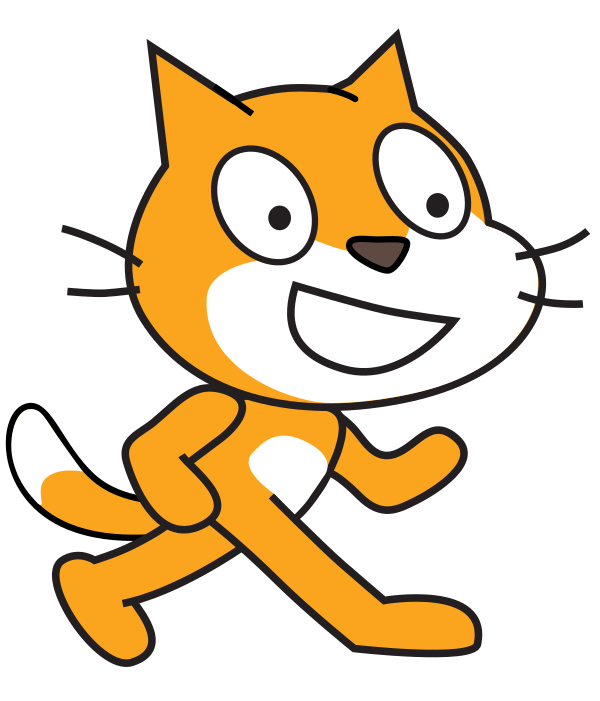
And that’s where we started the conference, with Mitchel Resnick (@mres) telling us about CrazyNimbus finding her passion through Scratch. It was interesting how many young people reported not being impressed on their first introduction. Perhaps my experience too with Micro:Bit. But maybe it’s not always love at first sight.
So thank you…. To all those who “held my hand” this weekend and led me forward. To those who have been doing so for some time. And to all those that held their hands before me.
So now it’s back to school and my turn to find some hands to hold and lead them on their journey.